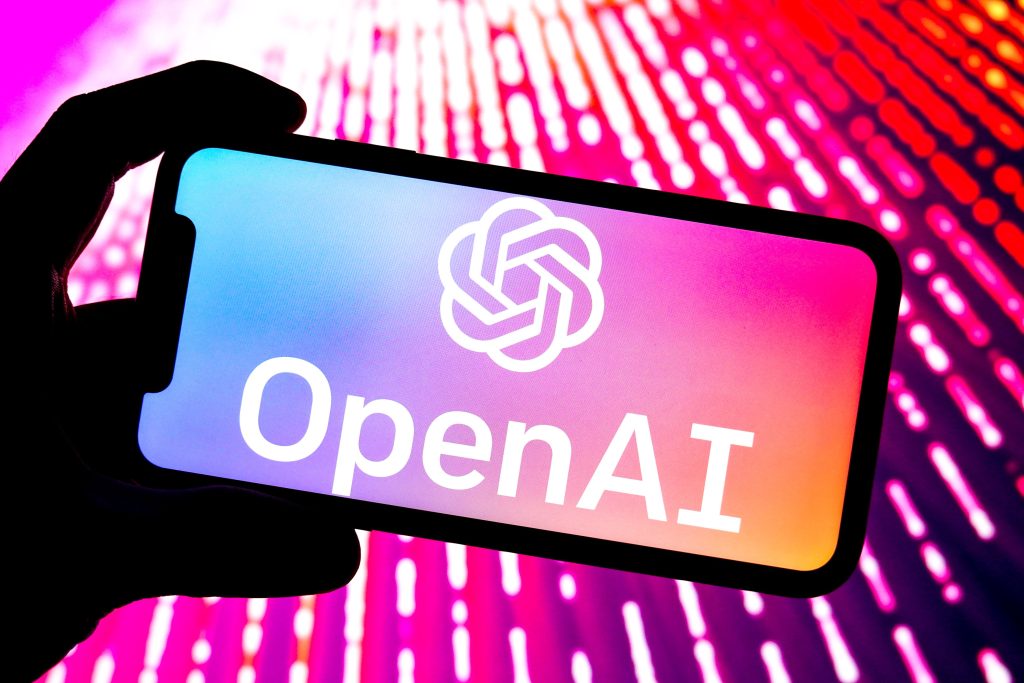
Now that the 2024 presidential election has come and gone, OpenAI revealed on Friday just how much voters consulted ChatGPT.
Ahead of the election, OpenAI took steps to stop the spread of election misinformation on the platform. It banned the use of ChatGPT to impersonate candidates or governments, misrepresent how voting works, or discourage voting. It also digitally watermarked AI images created using DALL-E to make it easier to identify images created using AI.
Additionally, the company partnered with the National Association of Secretaries of State to provide accurate answers and direct users to CanIVote.org, a nonpartisan hub of voting information.
According to a blog post in the month leading up to the election one million ChatGPT responses directed users to CanIVote.org and it rejected over 250,000 requests for deepfakes of President-elect Donald Trump, Vice President Kamala Harris, Vice President-elect JD Vance, and Governor Tim Walz. On election day and the day after two million ChatGPT responses encouraged users to look to the Associated Press and Reuters for election results.
Despite the steps taken by OpenAI to stop the spread of election misinformation, the Bipartisan Policy Center still had concerns after asking ChatGPT a variety of voting-related questions. The Bipartisan Policy Center cautioned that is still “important to exercise discretion regarding its applications, especially when there are significant implications on our democracy.”
“It is easy to mislead users when solely relying on unconfirmed sources, such as ChatGPT and other chatbots, for answers,” the policy center’s report continued. “The bot has limitations of prompt length and information training and often does not answer with complete or consistent information. We would caution users to check ChatGPT answers with reliable resources such as government websites or their local election boards.”
This was the first presidential election where voters could turn to ChatGPT for election information and per the Bipartisan Policy Center there’s room for improvements before the midterms in 2026.







